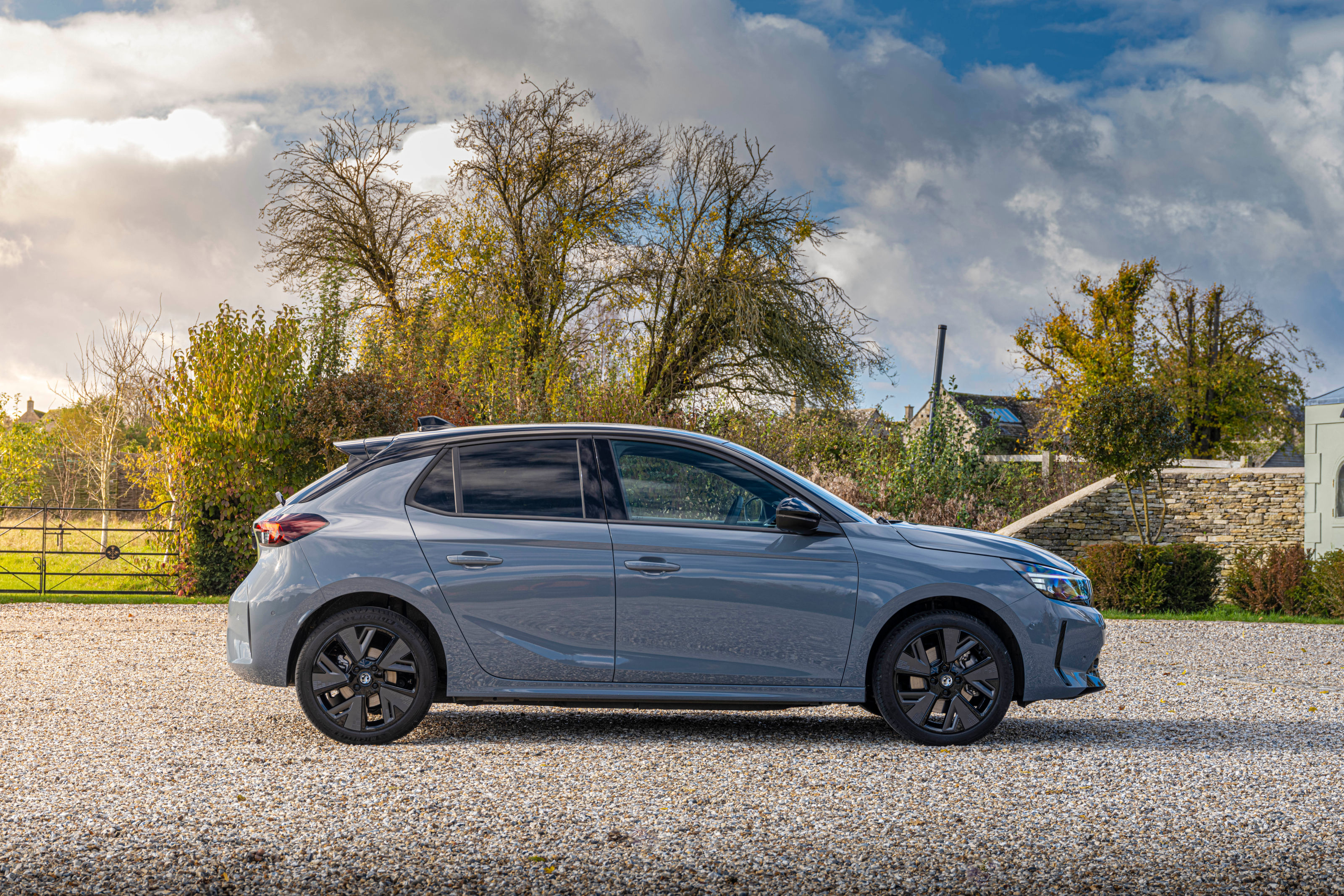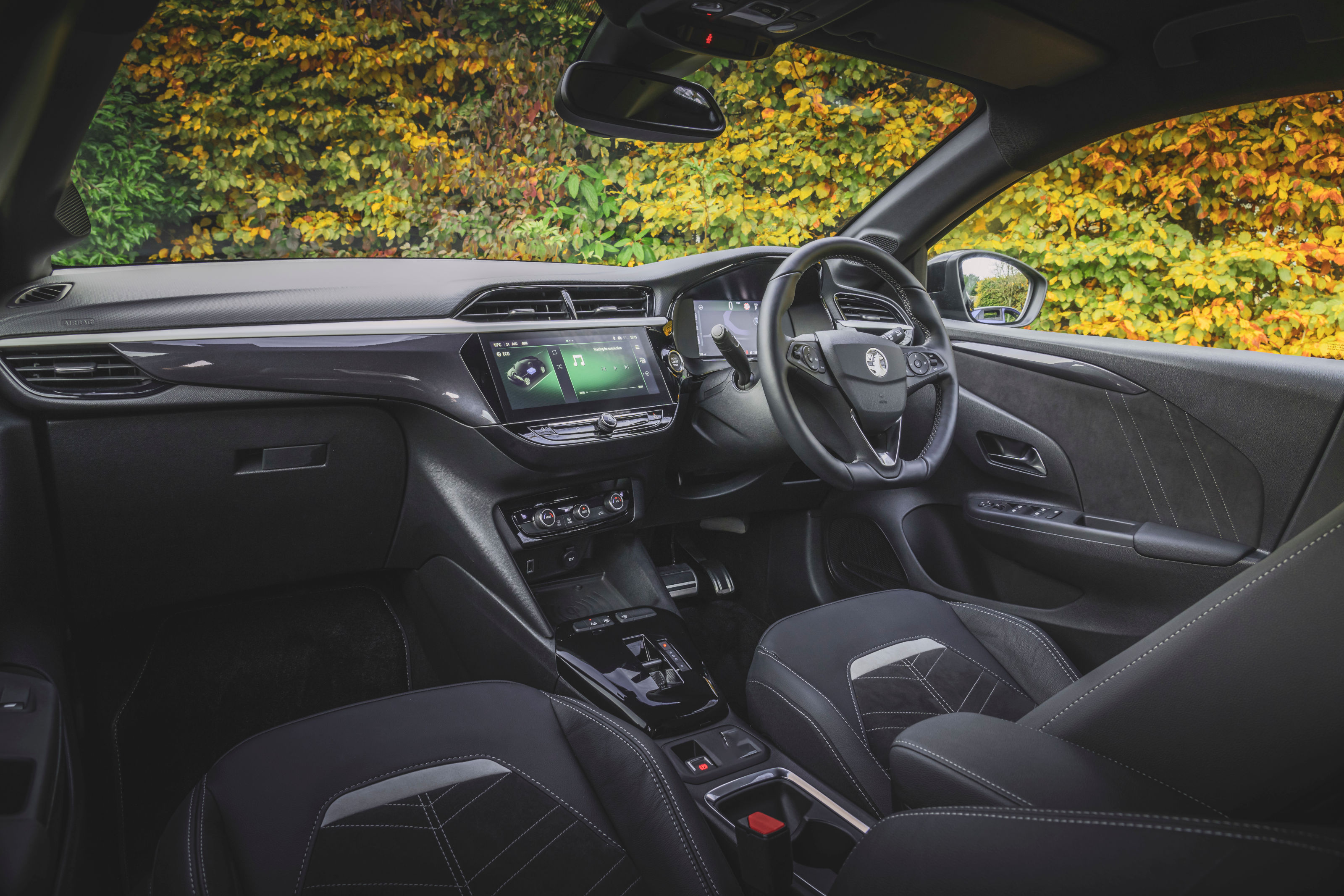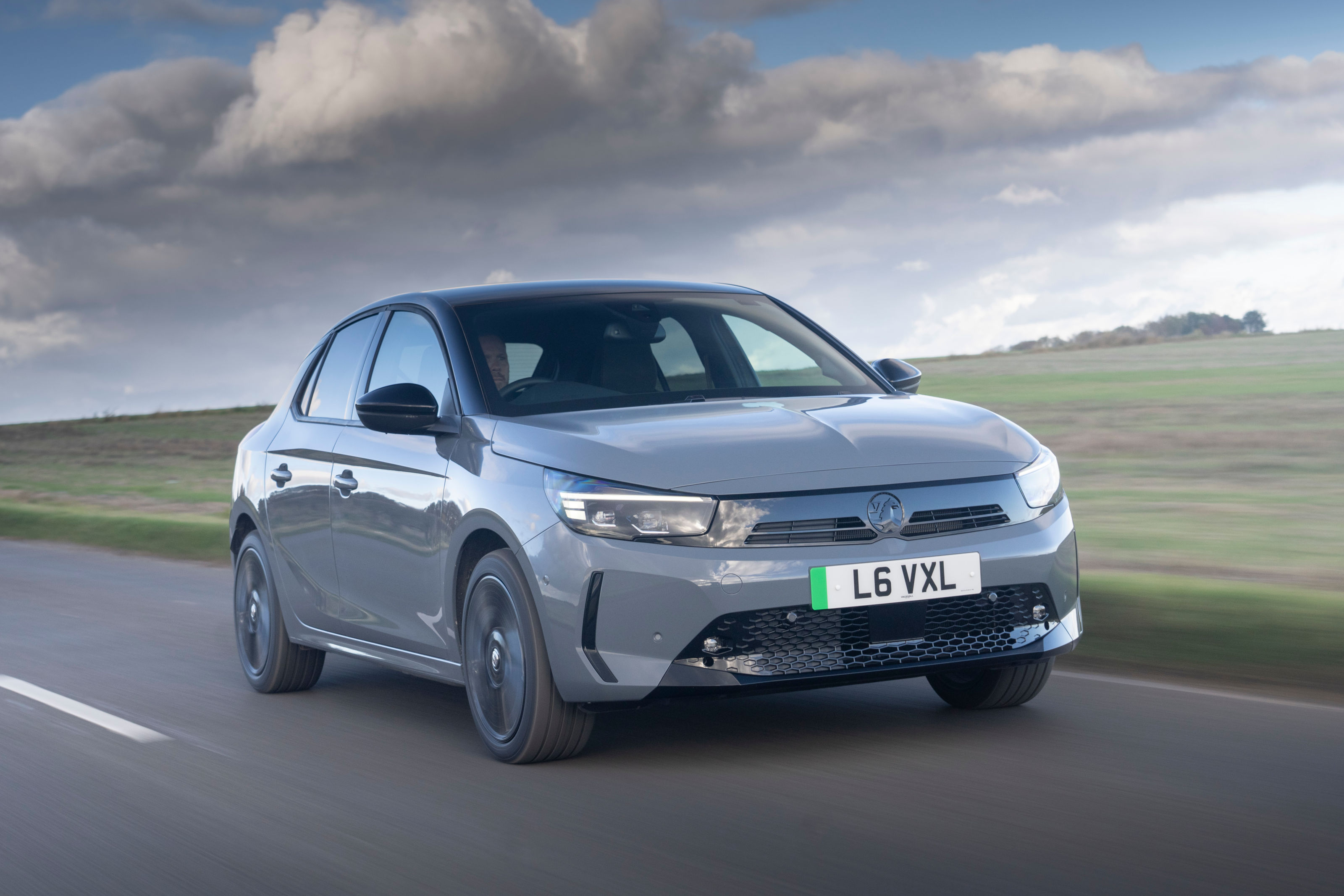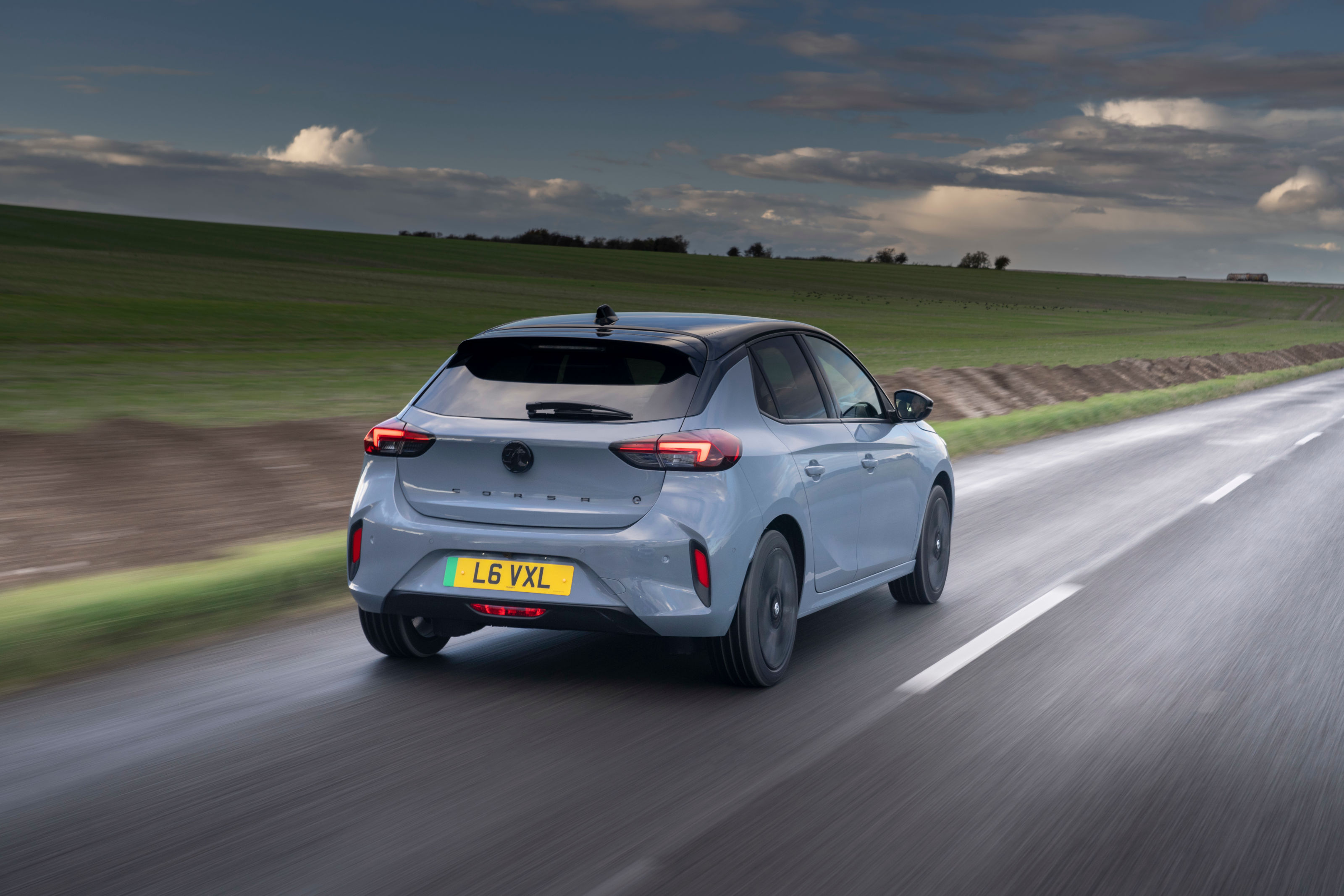
You may well already be familiar with Vauxhall’s Corsa EV. One of the mainstays of European car rental and car-sharing systems, this compact electric vehicle is an automotive appliance, a functional piece of industrial machinery that’s designed to be hard-wearing and economically efficient, giving the best returns when it’s in constant operation. In this respect, it’s more like a bus or an airliner than a conventional passenger car. So is there any point in actually owning a Corsa, rather than using an app to locate one nearby?

The current Corsa is the sixth iteration of a small car that’s been built under General Motors’ Opel, Chevrolet and Vauxhall brands, and now finds a place within Stellantis. Originally introduced in 1982, the little Corsa was for many years one of the humblest cars on the market. Initially known in the UK as the ‘Nova’, it was at one point the best-selling car in the entire world.
Over six generations, the expectations of car owners have been significantly elevated, as has the proportion of people eschewing having their own car altogether. These shifting demographics have given the Corsa a fillip as the model has become a popular choice for car-sharing systems. For the undiscriminating driver, the Corsa is a conveniently located four-wheeled object and nothing more.

The concept of car-sharing and car clubs date back to the late 1940s, with the first dedicated schemes operating in Europe in 1970s-era France and the Netherlands. As with many of the early programmes, the idea went hand-in-hand with a specifically designed vehicle to share, something lightweight and less obviously car-like. These days, countries like China are littered with vast graveyards of these now unwanted EVs; customers want ‘real world’ models, not second-rate substitutions. At the same time, manufacturers are all too happy to provide their stock to the likes of Zipcar, seeing car sharing as a gateway to eventual car ownership.
Our Vauxhall Corsa Electric test drive

The Corsa ticks all the boxes, being both a sensible, grown-up and thoroughly decent machine in its own right, but also sufficiently quotidian and rugged to deal with hundreds of different drivers and demands each month. We tried the latest version of the Corsa Electric to see if it could instil the urge to own, not rent, such a machine.
The good news is that the Corsa feels convincingly solid and well put together. It’s a car that has gradually ascended the automotive class ladder over the years, forever chasing the kudos of Volkswagen’s Golf, the car that captured and defined the idea of compact luxury. With a range of up to 246 miles, plenty of zip and compact proportions, the Corsa EV hits a crucial sweet spot, a city car you’d be happy and confident to take on the occasional long journey.

Equipment is first rate. In this, the electric Corsa ‘Ultimate’ edition, you get a driver’s seat with massage function, LED head- and taillights, Alcantara trim, digital instruments, adaptive cruise control and more. You also have a sticker price that’s over ten times that of the original Nova back in 1982 (well over three times the rate of inflation). For a compact car – even an electric one – it’s very expensive.

How we buy and use cars is changing, and the modern Corsa highlights that shift. There’s no margin in ultra-compact cars – at least not those built in Europe – so manufacturers are having to increase creature comforts in order to elevate prices. It’s a business model that has favoured the SUV for decades, so kudos to Stellantis for keeping the Corsa alive. Owning your own, however, could be seen as an eccentric decision if modest mobility is all you need.
Vauxhall Corsa Electric Ultimate Edition, from £37,190, Vauxhall.co.uk







